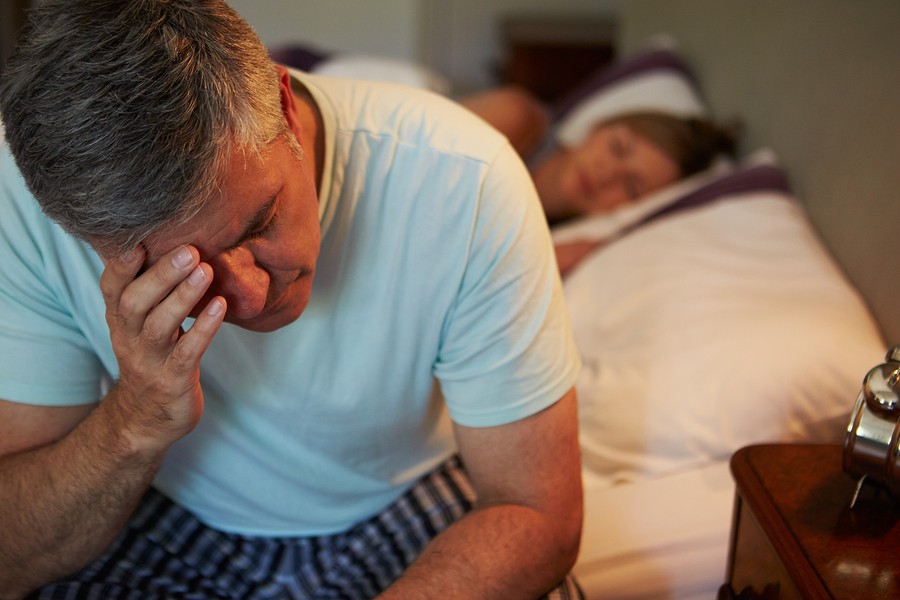Most of us lead busy lives - racing around fitting in work, school, kids activities, shopping, cooking and cleaning. We try to make time for friends and family, not to mention social media and staying up late to catch up on our favorite TV shows. Sleep is often sacrificed in an attempt to fit it all in. And by the time we do get to bed, our minds are racing from the day and over-stimulated from too much time on our electronic devices.
No wonder we find it hard to wind down and get to sleep.
Health experts say that children require 10-11 hours of sleep, teenagers 8.5-9.5 hours and adults 7-9 hours. Many people, however, report considerable less sleep on a regular basis. Many adults average less than 6 hours per night.
This has big repercussions. Chronic sleep deprivation can lead to poor health, difficulty concentrating, impaired memory, lower stress thresholds, anxiety and depression, increased appetite and weight gain.
A good night's sleep is important, so we're going to share our favorite tips.
Tips For a Good Nights Sleep
Be regular
Try to go to bed at the same time every night, even weekends! This helps your body learn what time to start winding down and get ready for a good nights sleep.
Sleep rituals
Doing the same things each night before bed helps your body prepare for sleep. Reading quietly, dimming the lights, having a warm shower or bath then hopping into bed can be part of each nights rituals.
Avoid caffeine, nicotine and alcohol
All of these substances can stimulate or interfere with the natural sleep cycle.
Bed is for sleeping
Bed should be for sleep and intimacy only. Your body will know when you hop into bed it is time for sleep. In particular keep away from all electronic devices in bed. The light from screens can interrupt your sleep cycle.
Create the right space
Make sure your bedroom is a comfortable space that you feel like going to sleep in. Being too hot or cold can interfere with a good nights sleep
Avoid naps
Naps during the day can prevent you feeling sleepy at the right time in the evening and sleeping well.
Exercise
Regular exercise helps you sleep well of an evening. If possible, try not to exercise within about 4 hours of bed-time.
Eat well
Maintaining a healthy, balanced diet helps your body function and sleep well. Going to bed too full or hungry can interfere with your sleep.
Relaxation exercises
Breathing, mindfulness or progressive muscle relaxation exercises can all help you relax before bedtime.
Write your worries down
Spending some time writing down your thoughts and worries during the day or early evening can help put your mind at ease and quiet your mind at bedtime.
These tips should help you get better sleep. If you have serious sleep issues, it may be a good idea to speak with a psychologist. Feel free to to contact us on 02 9980 1400.

We've tailored the services at RWA Pyschology - Family Matters to all age groups from young children to adolescents and adults - and we have specialists in crisis, short/medium term counselling and longer term psychotherapy.
Call RWA psychology for an appointment with one of our psychologists.
